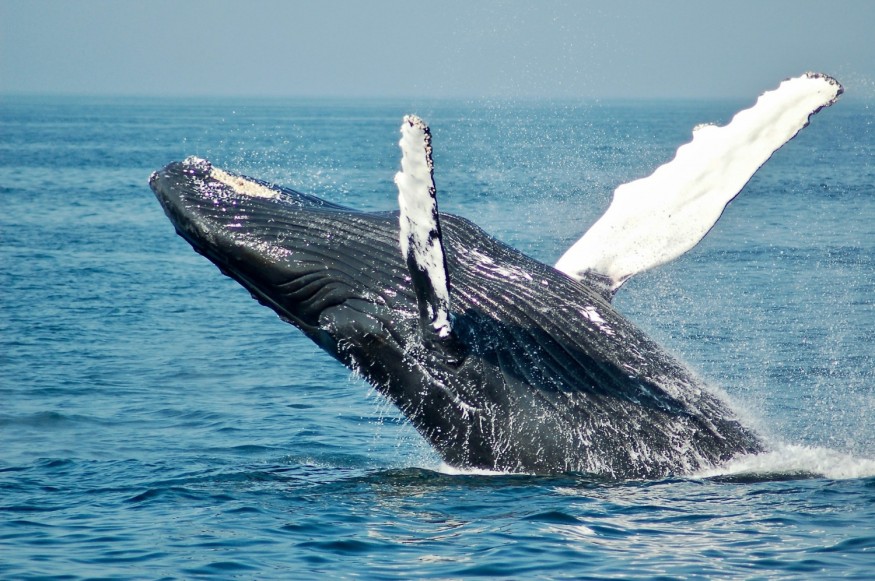Whales will now be considered as "people" or "legal persons" following calls by Polynesian indigenous groups to give the highly intelligent marine mammals "personhood." During a declaration earlier this year, New Zealand's Maori king called for whales to be granted the same legal rights as humans. This comes amid demand by indigenous people across Oceania, including those living in New Zealand, Tahiti, and the Cook Islands.
For years, whales have been thought by scientists and conservationists to behave like humans. Possessing unique intelligence, the large aquatic mammals have been observed before to have their communities and engage in playful behavior. The cetacean, which consists of dozens of species, is also known for its unique intraspecies communication by clicks, whistles, and pulsed calls, as well as through echolocation.
Whales Declared as Legal Persons

The declaration of whales as legal persons comes after tribal leaders of New Zealand, Tahiti, and the Cook Islands signed a treaty last month. Outside the scientific lens in contemporary times, indigenous people across Polynesia view whales for their sacredness that is connected with life itself. In modern times, these tribes inhabiting the region have retained this belief passed down from their ancestors.
In late March 2024, Maori's Kiingi Tuheitia Potatau te Wherowhero VII said that marine mammals should be given human rights, including having a healthy environment, to allow their population to bounce back. Following the treaty signing, conservationists believe that this move may put pressure on world leaders to provide further protections to large mammals. Potential measures may include policies against the illegal hunting of whales.
Leaders of the said Polynesian indigenous groups want other nations across Polynesia to help. In the meantime, the call for whales to be considered as legal persons will only be applied across the region. According to Mere Takoko, a Maori conservationist, the treaty would allow her team at Hinemoana Halo Ocean Initiative to engage in talks with the national governments of New Zealand, Tahiti, the Cook Islands, Tonga, and other Polynesian countries.
Global Whale Population Decline
Since the late 19th century, the global whale population, which includes species like the fin whale, minke whale, blue whale, humpback whale, and right whale, saw a steep decline, according to data recorded from 1890 to 2001. Aside from whaling activities, the population decline has been caused by various natural and anthropogenic factors, including climate change, global warming, marine plastic pollution, and vessel strikes.
Over the past decades, dead whales have been reported to be washed ashore in different coastal areas worldwide. In early 2023, the East Coast of the United States saw 23 dead whales on its shore, including 12 in New Jersey and New York. According to the National Oceanic and Atmospheric Administration (NOAA), the US Atlantic Coast, mainly coastlines from Maine to Florida, recorded elevated humpback whale mortalities since January 2016.
Related Article: Will Dolphins and Whales Get Legal Rights?
© 2025 NatureWorldNews.com All rights reserved. Do not reproduce without permission.





